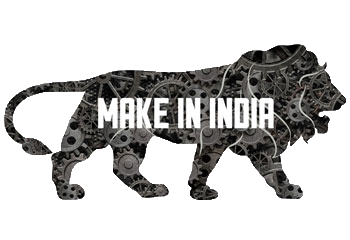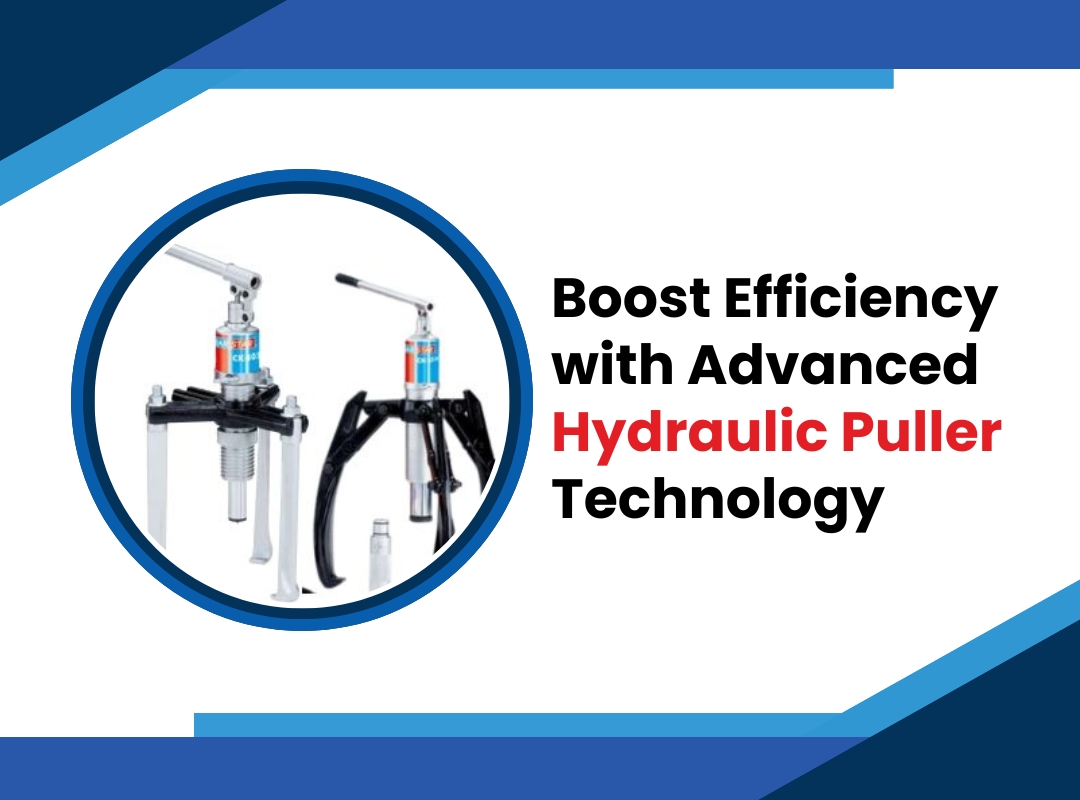Hydraulic pullers are a big step forward in how we do upkeep and repair jobs in industry. They give us more strength and exactness than anything else when getting out bearings or gears. These advanced tools have changed the old ways of taking things apart, offering safer and better options for maintenance workers and engineers in different areas of industry.
Understanding Hydraulic Puller Technology
The main idea behind hydraulic pullers is that it uses hydraulic pressure together with mechanical advantage to create a large pulling force. This new method removes the necessity for too much manual work and decreases the chance of part damage during extraction processes. Today’s systems use advanced sealing technology and high-quality materials to make sure they work consistently in tough situations.
Key Features and Benefits
Superior Force Generation
Hydraulic pullers are capable of creating much stronger pulling forces than mechanical alternatives, frequently over 100 tons. This great power allows for the removal of resistant parts which would need cutting or damaging methods if not used otherwise. The managed application of solid force contributes to saving both the part being taken out and equipment near it in good condition.
Versatile Applications
Factories use hydraulic pullers in a variety of tasks, such as taking out bearings and gears or pulling away bushings and sleeves. Their flexibility makes these tools very important in car production, maintenance of large machines, and power generation sites.
Safety Innovations
Contemporary hydraulic pulling systems include many safety elements to guard both the operators and machinery. The self-centred mechanisms provide correct alignment during operation, whereas system strain is avoided by pressure relief valves. With the use of digital monitoring for pressure, it gives actual time feedback allowing users to keep optimal pulling power during the extraction process.
Maintenance Considerations
Doing regular upkeep of hydraulic pullers guarantees they work well and last longer. This means storing them correctly, checking the rubber parts often, and changing any old or damaged pieces right away. Setting up a routine for this kind of maintenance can stop sudden breakdowns during important tasks.
Also Read: Hydraulic Puller Kit Set: Essential Tools for Heavy-Duty Jobs
Industry-Specific Applications
Manufacturing Sector
Factories use hydraulic pulling systems for regular maintenance and urgent repairs. The fast removal of broken parts decreases non-work time, making these tools critical to keep operations running effectively.
Power Generation
The technology of hydraulic pulling is used by power plants for the maintenance of turbines and repairs on generators. It allows precise control with large force, which helps technicians to delicately extract parts without causing damage to costly machinery.
Heavy Equipment Maintenance
Teams that maintain construction and mining equipment rely on portable hydraulic systems for repairs in the field. Their small size and high power make them perfect for maintenance work carried out on-site.
Technological Advancements
Smart Integration
Contemporary systems for hydraulic pulling are adding more and more smart technologies, such as digital force observing and automated pressure handling. These characteristics improve accuracy and deliver important data for keeping records during maintenance.
Enhanced Portability
Recent new ideas are aimed at decreasing the weight of tools but still keeping their pulling ability same. Use of lighter materials and more compressed design methods help make these systems easy to carry without affecting how they perform.
Economic Benefits
Putting money in good hydraulic pulling tools brings big benefits because it cuts down on the time for repair and lessens damage to parts. The accuracy and strength of these systems usually stop us from needing new parts, thus saving a lot over a period of time.
Environmental Considerations
Now, manufacturers give options of environmentally friendly hydraulic fluids and systems that save energy. These align well with the rules about the environment. They are sustainable choices which keep up good performance but lessen harm to our surroundings . They fulfill an increasing need for maintenance solutions that are green.
Also Read: How to use a Hydraulic Puller?
Future Developments
The coming days for hydraulic pulling technology show more use of automation and link with systems that can predict when maintenance is needed. New breakthroughs include the ability to work from a distance and better diagnostic characteristics which allow guessing the ideal force required for pulling.
Selection Guidelines
To select the best hydraulic pulling system, you have to think about several things like how much pulling force is needed, how often it will be used and exact needs of your particular job. If you work with trustworthy producers, this helps in getting good technical guidance and spare parts when required.
Conclusion
The sophisticated technology of hydraulic pullers is still developing, offering more and more effective solutions for the problems in industrial maintenance. The blend of their strength, accuracy, and safety characteristics makes them essential tools for current maintenance work. As time goes on with technological progress, these systems will keep bettering themselves which can bring higher efficiency and trustworthiness in forthcoming uses.


